Eczema in Babies and Young Children
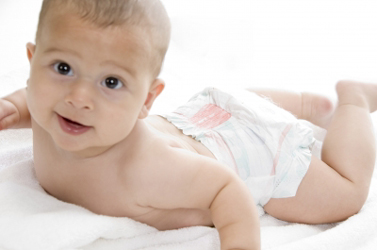
Infant eczema is a condition that effects many babies and young children in our contemporary society. Perhaps it is a response to our chemical laden foods and environments. The condition may present with a small itchy rash inside elbows and behind knees, or it can be a larger more intense rash. There are several ways that the condition can be managed without using harsh medicines or chemicals, these include diet, chemicals in the home, creams and potions.
Eczema is chronic, relapsing, and very itchy rash that occurs as an allergic response. Although eczema may look different from person to person, it is most often characterized by dry, red, extremely itchy patches on the skin. In infants, it typically occurs on the forehead, cheeks, forearms, legs, scalp, and neck. In children and adults, eczema typically occurs on the face, neck, and the insides of the elbows, knees, and ankles. Eczema usually appears during infancy. Although there is no known cause for the disease, it often affects people with a family history of allergies. In many cases infant eczema and asthma occur together or in siblings.
Eczema can be generally avoided by keeping the skin moist and at a constant temperature, reducing stress, removing irritants on the skin, avoiding harsh soaps and chemicals on the skin, avoiding environmental or food triggers. It may be useful to seek medical advice to help identify environmental or food triggers.
Some food products have been identified as being common eczema triggers for suffers. Key culprits include dairy products, eggs, soya, fish, nuts and wheat, whilst salt and food additives have also been identified. As reactions may vary, it is important to correctly identify the triggers for each individual.
Environmental triggers may also be another cause of outbreaks in young children. Some reactions may be caused by washing detergents, chemicals in fibres of clothing, pet hair, dust mites, pollens in the air, chemicals used for cleaning. There are washing detergents that do not contain added perfumes and softeners. These might be useful to reduce outbreaks. Regularly vacuuming and wet mopping can help to reduce the incidence of mites and pet hair in the child’s environment. Removing shrubs and plants that are pollen laden from the immediate environment might also be useful.
One of the most important components of an eczema treatment routine is to prevent scratching. As eczema is usually dry and itchy, the most common treatment is the application of lotions or creams to keep the skin as moist as possible. Using cold pressed oils added to warm bath water instead of soaps or bath gels can help to reduce outbreaks. Alternatively, apply the oil directly after bathing so that the moisture is locked in. Many young children do not need harsh detergents or soaps to clean their skin, washing the skin with a gentle cloth may be all that is required. Products that contain synthetic fragrances or colours may also irritate sensitive skin and might need to be avoided. Most health food shops sell creams that can be used to prevent or treat outbreaks.
National Eczema Society – Information and Advice
The Author:
Samantha Ward-Grodd is a qualified Early Childhood teacher with 10 years experience. She is currently studying Master of education. She is the mother of 2 young boys. Although parenting is her main focus, furthering her understandings about how children learn and develop is something of great interest to her. She is interested in parenting, as a teacher, as a mother and a member of a wider community.

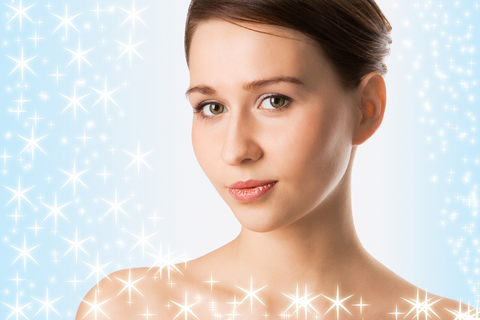

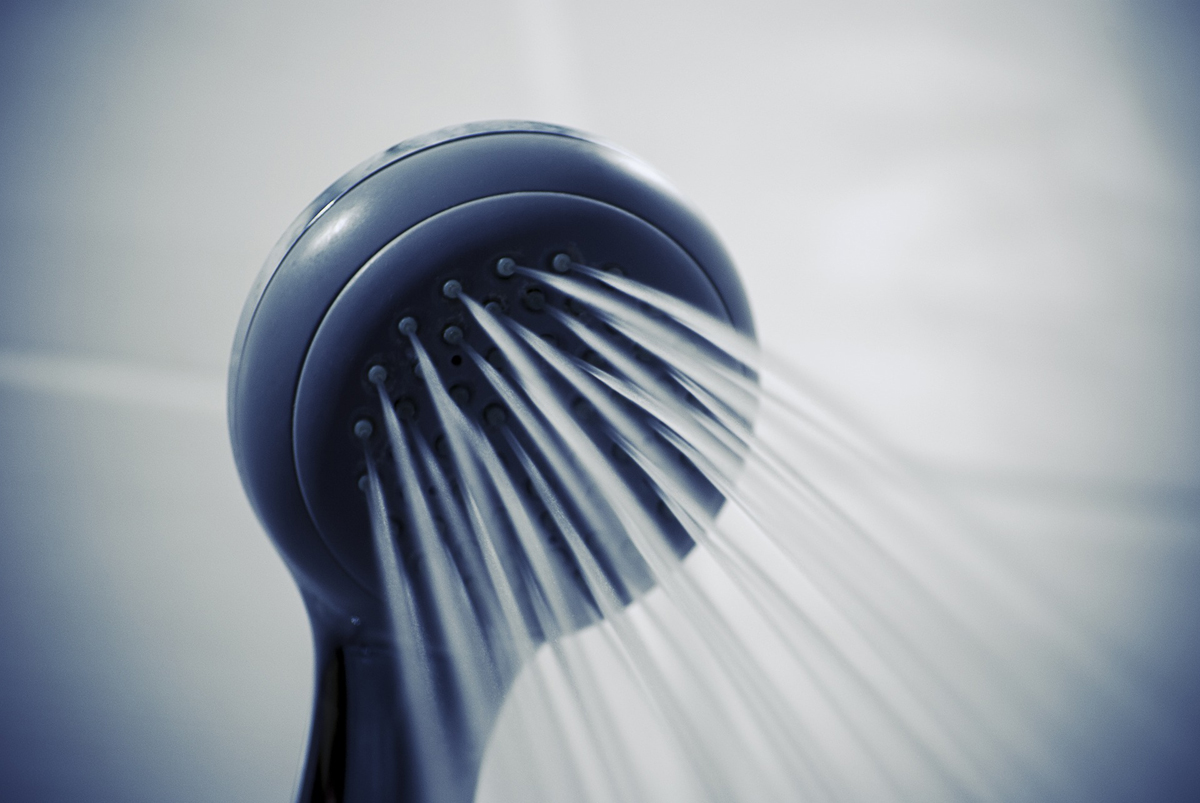
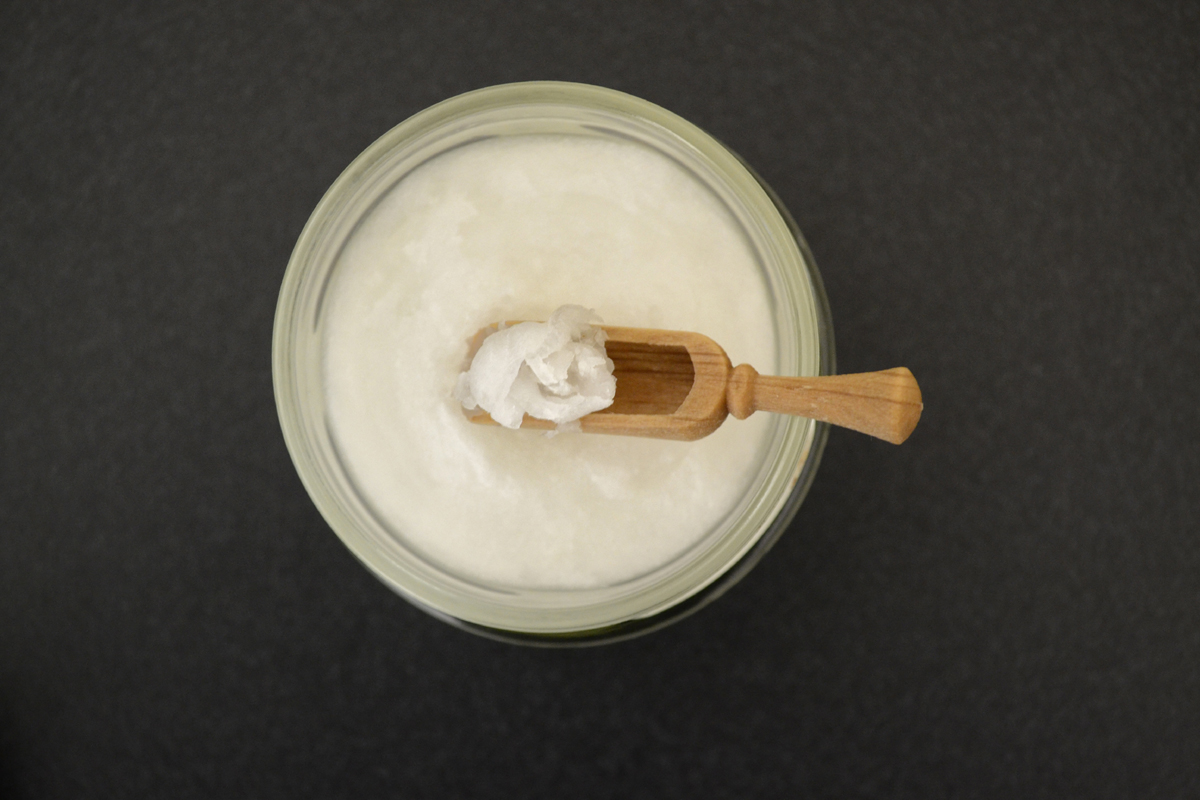
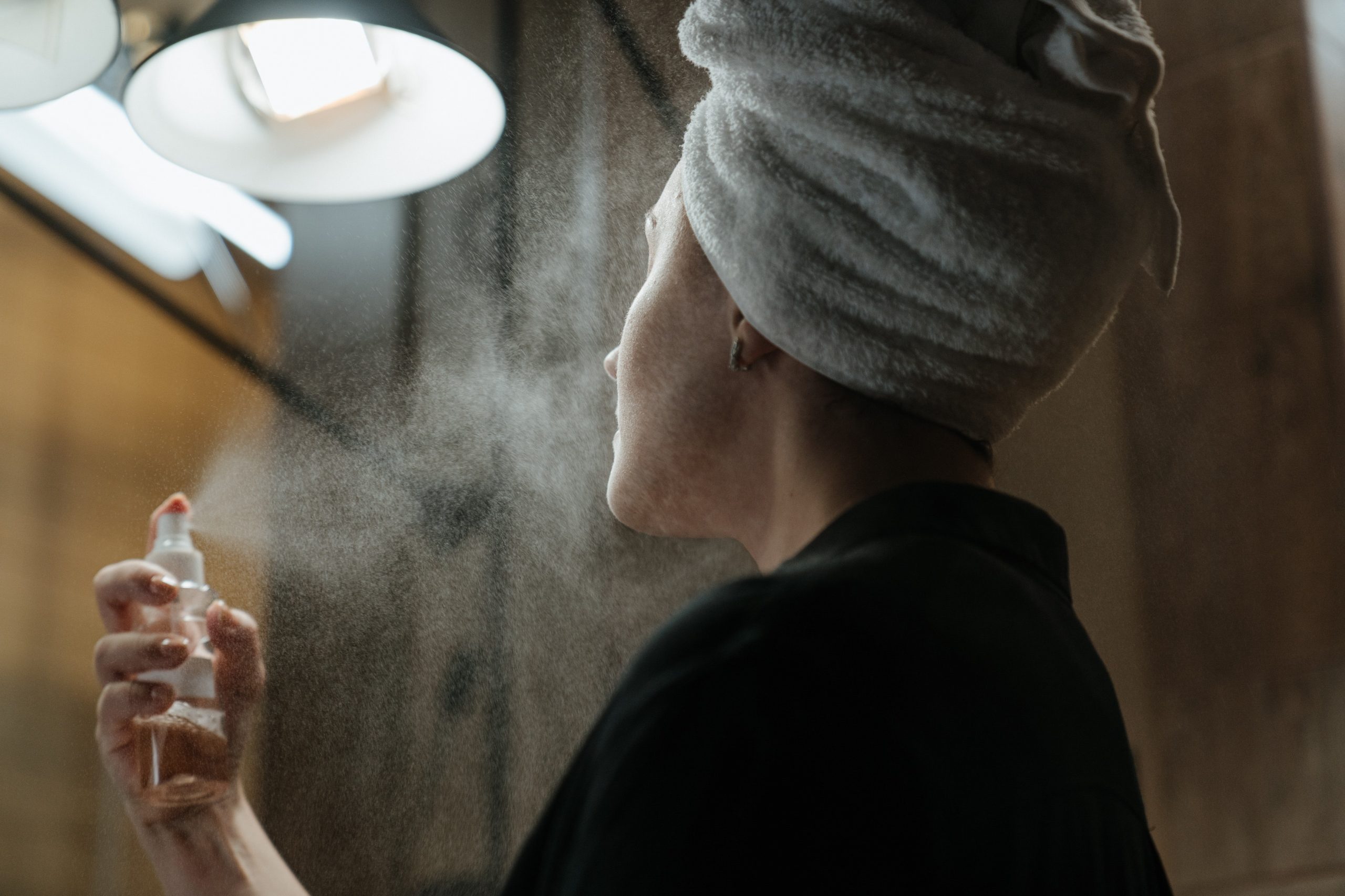
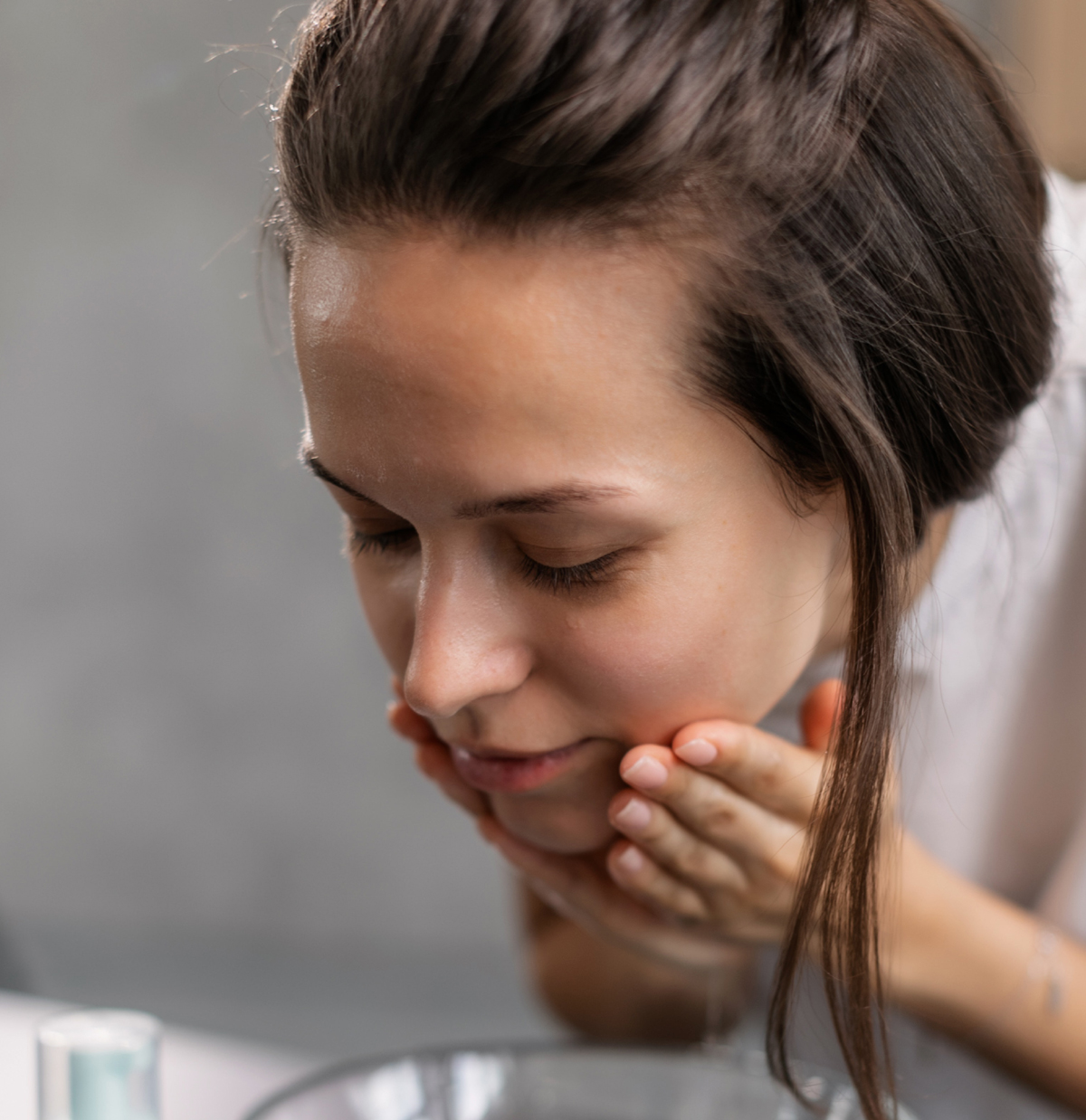
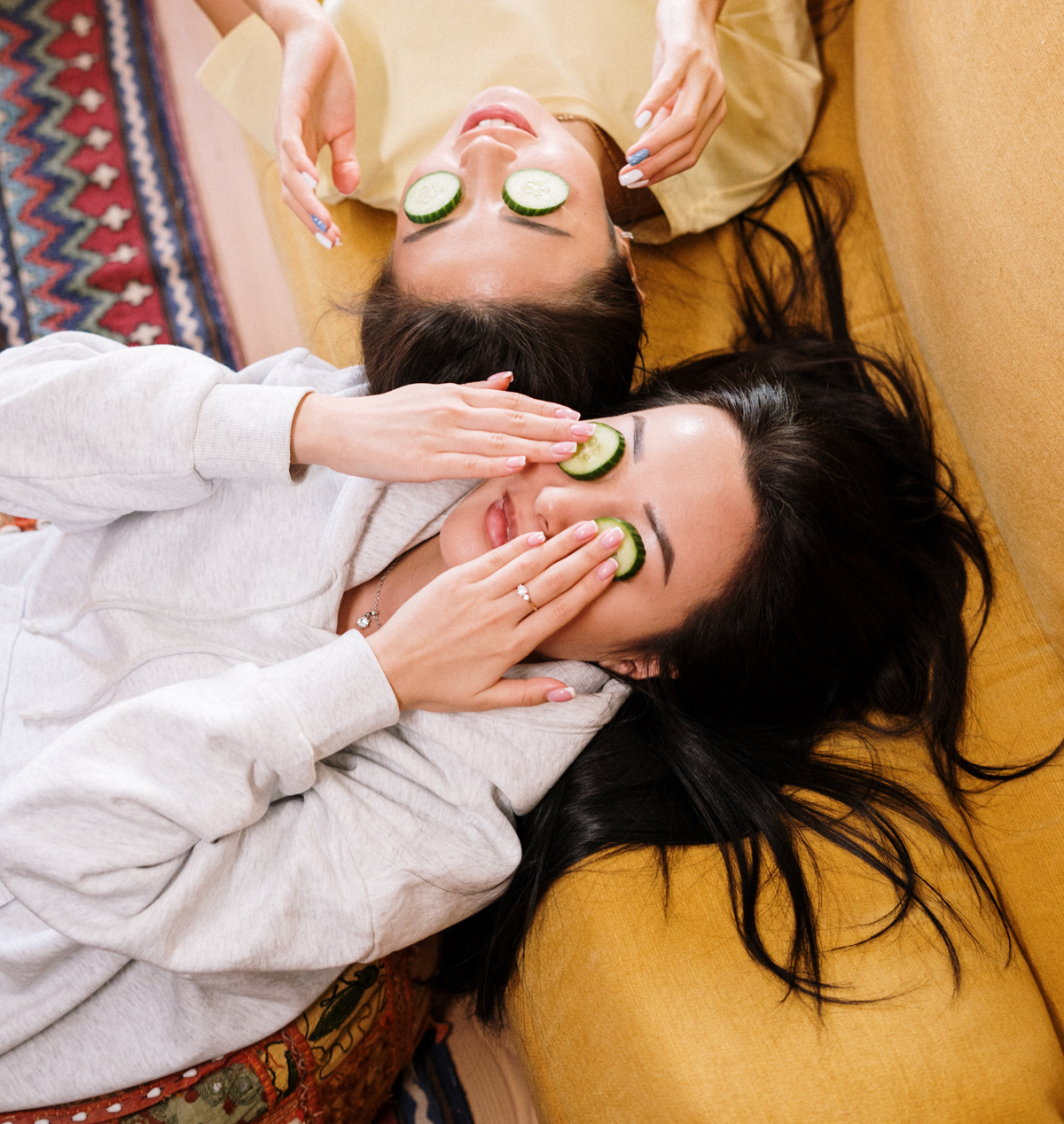
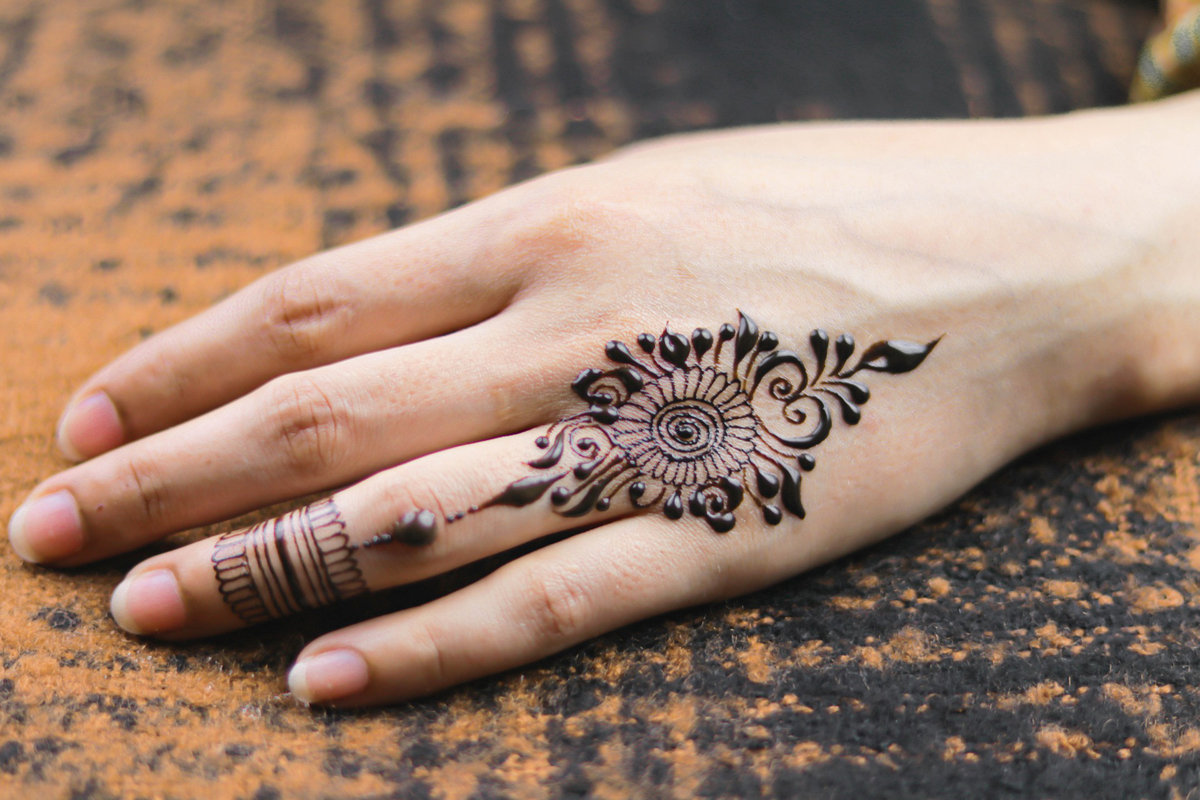
My new born has eczema a year ago when he was first born – I used the Made from Earth Valencia Orange lotion on it – its super gentle, and my baby has sensitive skin, and i worked well on his eczema. He had another breakout 6 months later, but we just applied the Made from Earth again, and it was gone in a week. Hope this helps!
Thank you for sharing your experience with using the Made from Earth Valencia Orange lotion on your baby’s eczema. It’s great to hear that it was gentle and effective for your little one. It’s always helpful to hear about different products that have worked for others dealing with eczema in babies.
Totally agreed with you that it is important to limit the damage done by scratching! Keeping the nails short and putting on 100% cotton mittens during bedtime would be a good idea.
I absolutely agree with you about the importance of limiting scratching to prevent further damage. Short nails and cotton mittens are excellent suggestions to help prevent scratching, especially during bedtime when babies may be more prone to rubbing and scratching. Thank you for sharing this tip!